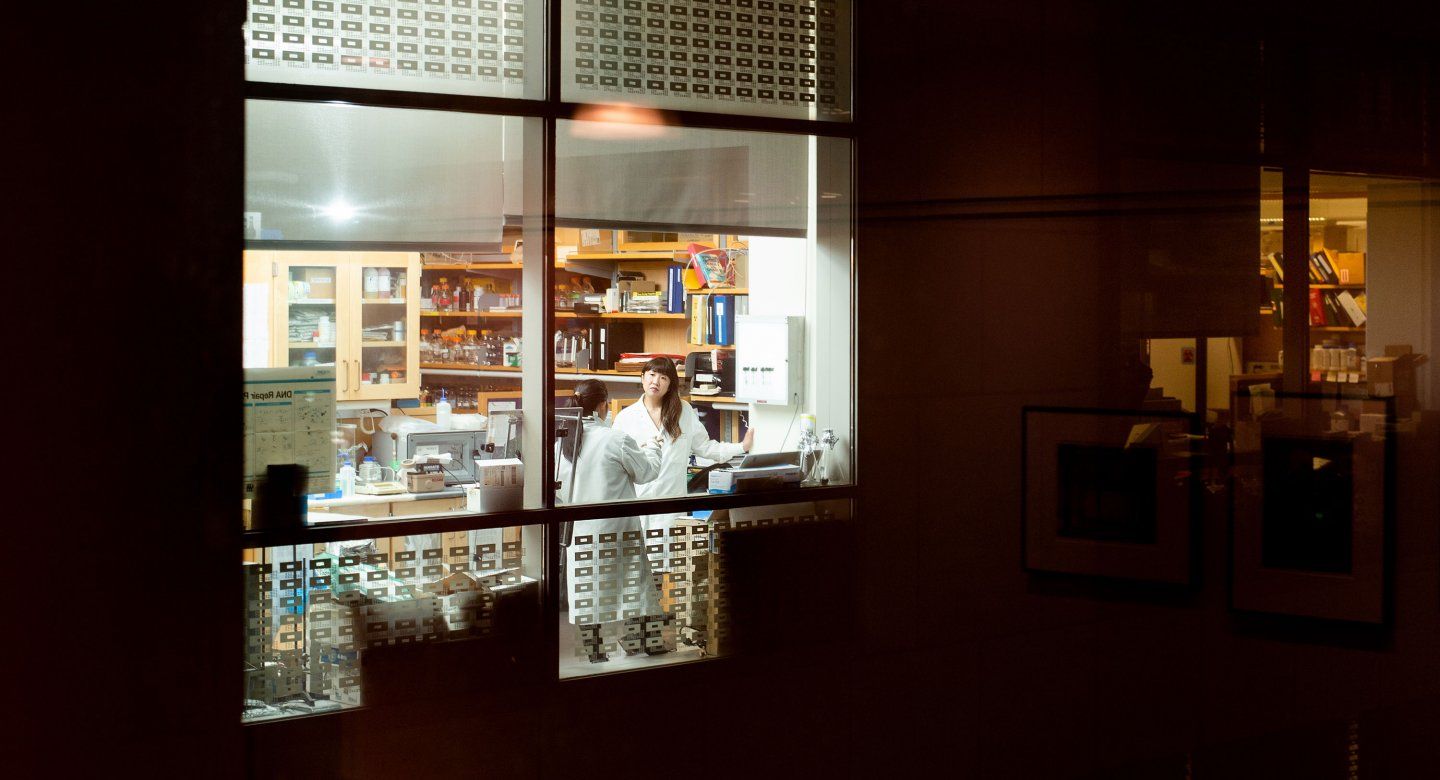This article is archived and only made available for historical reference. If you’d like to discover UCSF’s most recent advances in research, education and patient care, please visit the UCSF News Center.
Archive: Celebrating 20 Years of the UCSF Program for Breakthrough Biomedical Research
Program Has Produced $1.4 Billion in Follow-On Funding for UCSF Research
What happens when scientists are liberated from the fear of failure and encouraged to explore ideas that challenge conventional wisdom? They do extraordinary things: demonstrating that our own cells might one day be reprogrammed to deliver smart drugs; developing a genomic algorithm to predict the risk of developing Alzheimer’s disease; and uncovering novel pathways to reverse the symptoms of aging.
For more than 20 years, PBBR (pronounced “pibber”) has demonstrated the benefit of this radical approach. The program, which arose from conversations between UC San Francisco scientists and philanthropists Herb and Marion Sandler, only funds ideas that challenge generally-accepted theories and have potentially transformative effects.
Keith Yamamoto, PhD, PBBR’s inaugural faculty director who has overseen the program for two decades, observes that its impact is because “it has created a culture of creativity at UCSF in which our scientists are free to pursue big, bold ideas in an environment that speaks loud and clear: ‘We trust you. We’ll support you. Go for it.’”
PBBR’s revolutionary approach has turned the traditional scientific funding model on its head. While most grant programs require lengthy applications and multiple revisions, PBBR only asks applicants to submit a one- or two-page description of their big idea. Funding decisions are made within 30 days of receiving an application – a dramatic shift from the typical grant timeline.
“We want people to do the thing that’s crazy, the thing that’s different, the thing they normally wouldn’t do,” says UCSF biochemist Joe DeRisi, PhD, a MacArthur Fellow and the co-president of the Chan Zuckerberg Biohub. DeRisi will take over as PBBR director this July.
Fueled primarily by philanthropy, PBBR represents just 0.5 percent of UCSF’s overall research budget, but has unrivaled leverage. PBBR award winners have made discoveries that have produced more than $1.4 billion in subsequent follow-on funding and an additional $347 million in indirect cost recovery for the UCSF campus. PBBR projects have also generated more than 3,000 peer-reviewed scientific publications, almost 90 patents, and more than 300 NIH research grants.
What is PBBR’s secret to such success? The late Herb Sandler, a passionate advocate for basic sciences, said it best: “We are there to take risks with the best and brightest and to unleash creativity.”
